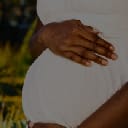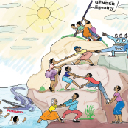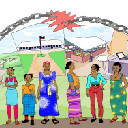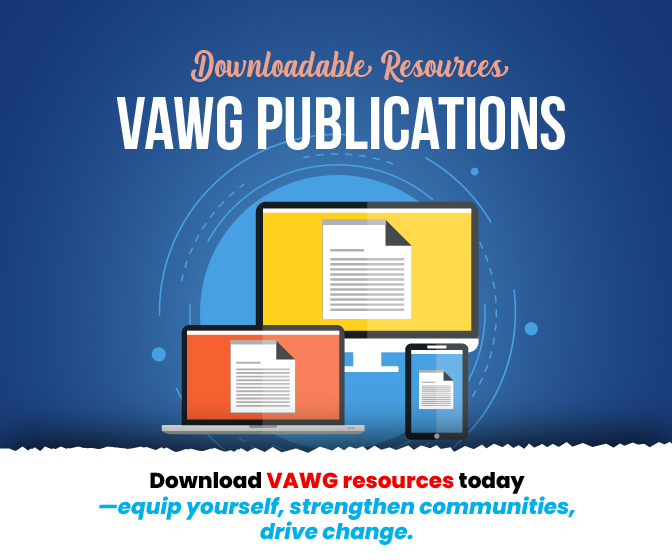Women’s Rights Defenders Push Back: “Family Values” Conference Deepens Fears for African Women and Girls
The 3rd Inter-Parliamentary Conference on Family Values and National Sovereignty was successfully concluded in Entebbe, Uganda, but the debate it sparked is far from over. While organizers hailed the three-day event, held from May 9–11 2025, as a platform to “strengthen families,” women’s rights advocates say it reinforced regressive narratives that threaten the dignity and freedoms of African women and girls.
Civil society groups and gender justice activists argue that the conference was less about supporting families and more about advancing policies that entrench patriarchal control. “For years, such conferences have hidden discrimination under the language of culture and religion,” said Yvonne Mpambava, a prominent social justice advocate. “The outcome is exclusion, objectification, and a systematic attack on women’s rights.”
Throughout the Entebbe gathering, advocates noted repeated calls for laws that criminalize cohabitation and reinforce narrow interpretations of the Christian nuclear family. Mpambava condemned these approaches, saying they erase the realities of millions of Ugandans who live in grandmother-led, women-headed, or child-headed households. “It reinforces patriarchal norms and reduces women to mere tools of reproduction,” she warned.
“These events imply women should give up education and professional growth in favor of outdated roles that limit independence,” Wakikona said. “We want families to be united, but for that to happen, women must be liberated.”
Uganda’s pending National Family Protection Policy and the long-delayed Marriage Bill came under heavy criticism from rights defenders. Both, they argue, push outdated notions of male authority within households while offering little to protect women from real dangers. Statistics remain grim: a 2020 Uganda Bureau of Statistics survey found 56% of Ugandan women had experienced intimate partner violence, while in 2024 police recorded 10,792 domestic violence cases involving women.
“These numbers should be driving urgent action to protect women—not to strip them of legal protections,” Mpambava said, urging lawmakers to drop regressive clauses in the Marriage Bill and move forward with a Sexual Offences Bill that protects rather than criminalizes vulnerable groups, including sex workers.
The Entebbe conference also reignited fears of a growing anti-gender wave across Africa. According to Mpambava, the event echoed trends seen in similar regional gatherings, where “family values” serve as a smokescreen for laws that silence women, undermine bodily autonomy, and cement patriarchal authority.
Her concerns were echoed by Rose Wakikona, Deputy Executive Director of the Women’s Pro Bono Initiative (WPI). Speaking after the conference, she criticized the agenda for pushing women back into traditional roles of submission and domestic duty. “These events imply women should give up education and professional growth in favor of outdated roles that limit independence,” Wakikona said. “We want families to be united, but for that to happen, women must be liberated.”
She also blasted Parliament’s inaction on long-pending legislation. “If you are pro-family, why haven’t you passed laws that protect people within families?” she asked, citing the Marriage Bill (introduced in 1964) and the Sexual Offences Bill (pending since 2017) as glaring examples of neglect.
For women’s rights defenders, the message following the Entebbe conference is clear: African families cannot thrive if women are silenced, subordinated, or stripped of their rights. True family strength, they insist, comes from justice, equality, and freedom—not from oppression disguised as “values.”
This article was originally written by By Muhamadi Matovu, Click here to view it.













